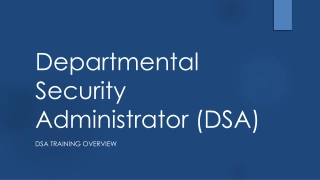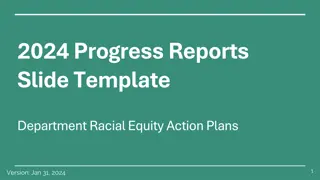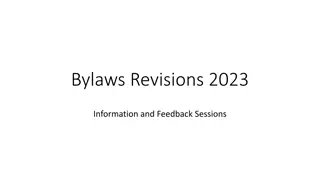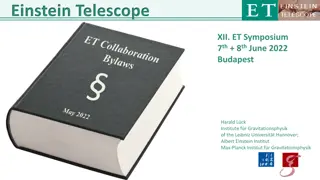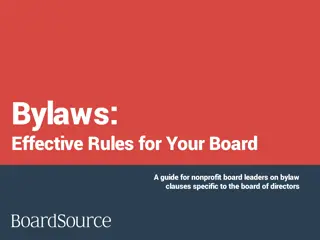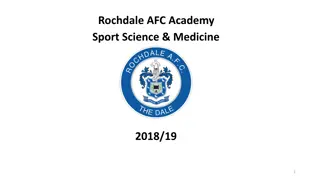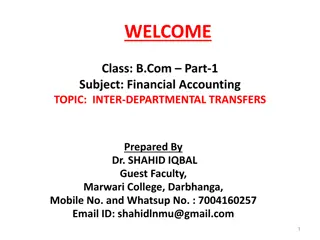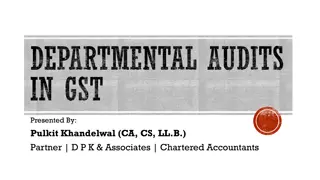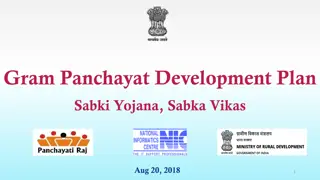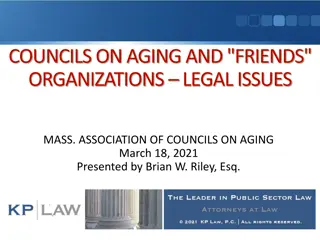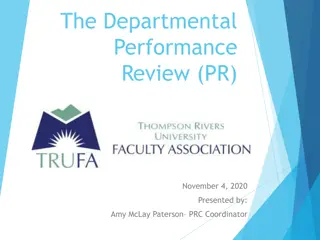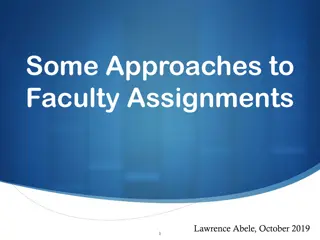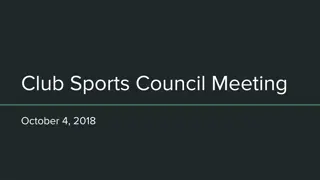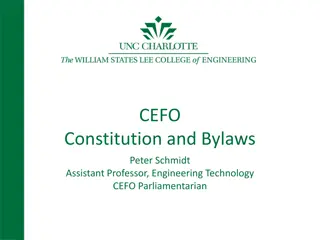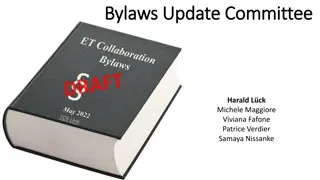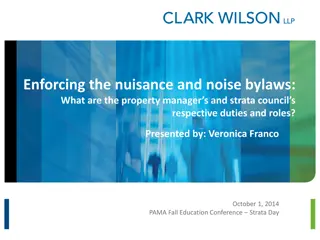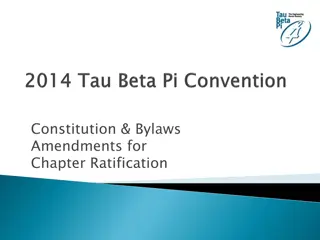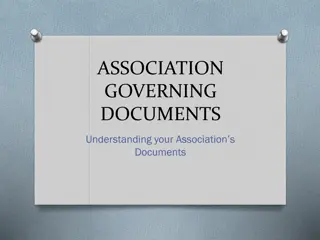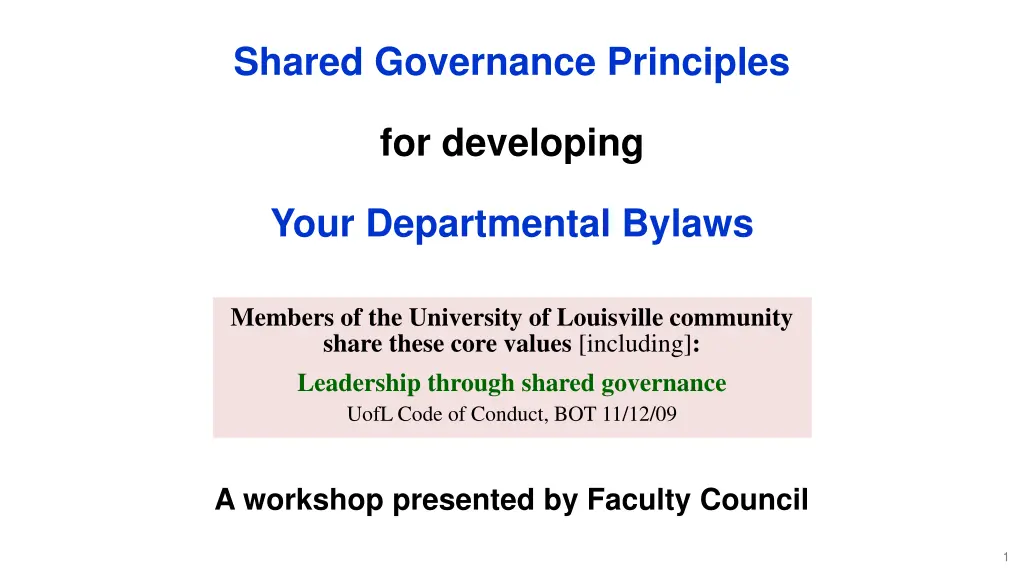
Developing Departmental Bylaws with Shared Governance Principles at University of Louisville
Explore the Shared Governance Principles for developing Departmental Bylaws at the University of Louisville, emphasizing leadership through shared governance. Learn about the Bylaws approval process, Faculty Council's role, and specific advice on crafting effective Bylaws. Benefit from the expertise of the Faculty Council in ensuring compliance and facilitating the development process.
Download Presentation

Please find below an Image/Link to download the presentation.
The content on the website is provided AS IS for your information and personal use only. It may not be sold, licensed, or shared on other websites without obtaining consent from the author. If you encounter any issues during the download, it is possible that the publisher has removed the file from their server.
You are allowed to download the files provided on this website for personal or commercial use, subject to the condition that they are used lawfully. All files are the property of their respective owners.
The content on the website is provided AS IS for your information and personal use only. It may not be sold, licensed, or shared on other websites without obtaining consent from the author.
E N D
Presentation Transcript
Shared Governance Principles for developing Your Departmental Bylaws Members of the University of Louisville community share these core values [including]: Leadership through shared governance UofL Code of Conduct, BOT 11/12/09 A workshop presented by Faculty Council 1
Shared governance principles for developing Departmental Bylaws Part I INTRODUCTION Leadership through shared governance 2
Shared governance principles in developing your departmental bylaws Workshop Outline Why Faculty Council is giving this workshop The Bylaws Approval Process Recommended language and a Bylaws Template Shared governance principles underlying your Bylaws Group discussion: Applying Bylaws in practice 3
Why Faculty Council is giving this Workshop Faculty Council is a Standing Committee that represents the entire Speed Faculty on all matters of faculty governance except those specifically assigned to other standing or ad hoc committees. Faculty Council provides oversight and review of the various Speed Faculty Committees, and provides avenues of communication between the Faculty, its committees, the departments, and the Dean s Office. -- Speed Bylaws* The Speed Bylaws state that departments may wish to and can develop Departmental Bylaws The Dean recently asked all departments to develop Bylaws Faculty Council led the effort to revise the Speed Bylaws and is well positioned to provide relevant advice to departments on their Bylaws Faculty council is available to review and advise Departments on their drafts of Bylaws, with a particular focus on ensuring compliance with The Redbook, Speed Bylaws, the PPP Document and Robert s Rules of Order (12th edition) * The Speed Bylaws referred to herein are the new Bylaws (approved by BOT on 7/21) 4
Shared governance principles for developing Departmental Bylaws Part II SPECIFIC ADVICE ON DEVELOPING YOUR BLYLAWS Leadership through shared governance 5
The Bylaws Approval Process The Department drafts a set of Bylaws Department approves the Bylaws by a 2/3 vote of all faculty who are eligible to vote AP&P reviews and Dean reviews and approves the Bylaws Dean forwards a copy of the Bylaws to the Provost If the Dean and Department cannot reach an agreement on the Bylaws, the Provost resolves Note that Faculty Council has no specified role in the approval process, however with its overall role in representing Speed School in all matters of faculty governance , Faculty Council is available to provide advice and review at each stage of the review process described above; e.g., Review of Bylaws Drafts from the Departments Responding to questions on the Bylaws from AP&P and the Dean Helping to resolve impasses between the Dean and Department on the Bylaws 6
Recommended Language for Bylaws The Redbook requires that all Bylaws be consistent with The Redbook, School Bylaws, and UofL policies and Governing Documents, including (available as a single pdf file from FC): UofL Code of Conduct Speed Bylaws The Speed PPP document Robert s Rules of Order 12th (current) edition (per Speed Bylaws) Faculty Council, with a first draft by the Dean, developed a Bylaws Template in Word that is: Modeled on the language and organization of the Speed Bylaws Consistent with the UofL and Speed Governing Documents Describes the full range of options permitted by the Governing Documents Includes notes explaining rationale and justification for the language 7
Specific Requirements for Bylaws Voting Rights/Privileges Any Faculty Member with primary appointment in the Department (Spd II.A) Is a Voting Member of the Department Is also a Voting Member of Speed School Both tenure-track and term faculty* are Voting Members Faculty members with secondary appointments in the Department Cannot represent the Department on Speed-wide committees Can vote in the Department only if permitted by the Bylaws * With an initial 2 year term contract or on starting a second 1 year contract 8
Specific Requirements for Bylaws Mission Statements The Departmental Faculty (per Redbook) are required to develop a Mission Statement Requires final approval by Dean It can be included in Bylaws (optional) If included in Bylaws it will require approval by a 2/3 vote The Bylaws Template provides Examples of some current UofL Mission Statements Department Mission Statement can be included in Bylaws (optional) If included in Bylaws it will require approval by a 2/3 vote The Redbook provides guidance on the content of Mission Statements See the Ch. 4 Appendix: Minimum Guidelines for Faculty Personnel Reviews, Sec. 1.C. 9
Specific Requirements for Bylaws Committees The Departmental Faculty establishes the Committees that it deems necessary (Spd II.C.2) This includes both standing and ad hoc committees Add an appendix for each Standing Committee Add a policy on ad hoc committees (optional) A Departmental Faculty Affairs Committee is required (per Speed PPP Document) Committees can be added or dissolved at any time (but requires a 2/3 vote) The Bylaws Template includes Generic template for Standing Committee Charges A template for developing a policy on ad hoc committees 10
Specific Requirements for Bylaws Office of the Chair/Departmental Administration Describe Office of the Chair including Appendix with the Responsibilities the Chair (See Bylaws Template for language similar to Dean s Responsibilities in Spd Appendix I) Associate Chairs or Other Administrative Roles (Optional*) Term limits (Optional See Bylaws Template for various considerations) Chair description is proscribed by The Redbook (Sec. 3.3.5) in Methods of selection/election Annual Review: Includes input from administrators and faculty Five Year Review: Led by a committee established with the concurrence of the departmental faculty * Typically, the Chair is permitted wide discretion in the preferred organization of the Office following consultation with and advice from the faculty 11
Shared governance principles for developing Departmental Bylaws Part III THE REDBOOK S SHARED GOVERNANCE MODEL Leadership through shared governance 12
What is Shared Governance? The basic principle of Shared Governance: The Group that is most intimately aware of the specifics of an issue (i.e., an issue that resides within its Jurisdiction ) is the best informed to make decisions on dealing with this issue The Administrator Normally implements the decisions of the Group Can veto group decisions, but needs to provide a clear justification to the Group Can have the veto reversed by the next-level Administrator (if the Group requests) University governance as described in The Redbook, conforms to this Shared Governance model UofL endorses Shared Governance in its Shared Governance Policy: https://louisville.edu/provost/what-we-do/SharedGovernance.pdf For more information refer to the Shared Governance Reader, available from Faculty Council 13
The Principle of Jurisdiction in Shared Governance Jurisdiction: Except as otherwise provided by The Redbook, the Faculty of the Speed School of Engineering shall have general legislative powers over its own affairs including, but not limited to, admissions requirements, curricula, instruction, examination, personnel policy and procedures, organizational structure, and recommendations through the President to the Board of Trustees for the granting of degrees. --- Speed Bylaws This jurisdictional statement is nearly identical to statement in the Redbook The Redbook defines jurisdictions for Faculty, Students and Staff Each Group is given the Leadership Role in decisions within its jurisdiction The Faculty can assign specific Decisions to Administrators, Committees, etc. These Decisions can be specified in the Bylaws or assigned on a temporary ad hoc basis The Administrator can override a Faculty Decision, but It is assumed that such decisions are infrequent, and The Administrator will clearly justify why the Faculty decision is being overridden, and The Faculty can appeal the Administrator s decision to the next level of Administration 14
Shared Governance Principles for Committees In all cases not specified by these Bylaws, the Speed School Faculty and Committee Meetings shall be governed by Robert's Rules of Order (Spd IX) Robert s Rules of Order describes how to set up and run Committees If a Committee (e.g. ad hoc) is not specified in the Bylaws Both the charge and membership require Faculty approval The Committee Charge is always introduced and approved at a faculty meeting The Faculty may wish to assign the Chair (or other) to select Committee Members Committee appointments must be announced in a Faculty Meeting and added to the minutes before the Committee can begin its activities Non-Departmental Members of a committee require approval of the Faculty Committees normally only recommend decisions to the Faculty. They have no decision making authority (unless specified by Faculty vote or Bylaws) 15
Note to Faculty Council The material in the following slide/slides could be briefly introduced in Workshop I and then be expanded into a Second Workshop which would be a practicum with extended discussion breakout groups role playing 16
Group Discussion: Bylaws in Practice Below are some issues that might arise in your Department or School. Consider how you might work to resolve these issues from the standpoint of a faculty member, the Chair, the Dean, the Provost. It might be useful to assign each group member to play one of these roles. Assuming there are some administrators in your group, it might be useful to reverse your roles, with a faculty member taking the role of an administrator and an administrator taking the role of a faculty member. Consider these issues in your discussion: Which group (or groups) has primary jurisdiction ? How would you propose resolving the issue? What rules and policies support your position? Are there other UofL offices and organizations that can help you resolve the issue? Issue 1: The Dean announces that there is a new faculty line and that the preferred candidate will can have a primary appointment in either of two departments. What are the concerns about such a search? How would your department, the other department and the Dean work to devise a search that satisfies your Bylaws and the principles of Shared Governance? 17
Group Discussion: Bylaws in Practice (continued) Issue 2: The Chair sends an email to the Department announcing a new ad hoc committee to study ways to improve graduate recruitment.* There has been no previous Faculty discussion of this. Based on the Bylaws of your Department, is this appropriate? If not, how would you work to resolve this issue? (Also, if you re the Dean or Provost, what are your thoughts on addressing the issue?) Issue 3: While it may not directly affect you, you observe a Faculty Member, Chair or Dean who is clearly not following a specific UofL Policy (in the Bylaws, Redbook or Code of Conduct). What are your responsibilities and approaches to resolving the situation? Issue 4: The Faculty asks the Chair to review the Department budget and expenditures, and discuss alternative spending plans. To what degree is this within the jurisdiction of the Faculty? What are the pros and cons of permitting this review? How would you from the Faculty s,Chair s or Dean s perspective propose resolving the issue? Additional Issues: Propose additional discussion topics for this or future workshops * Or other topic of interest to your group 18
The New Speed Bylaws Are Approved! Special note to the Term Faculty You now have voting privileges You are expected to actively participate in faculty governance This is a good time to become familiar with UofL Code of Conduct Speed Bylaws The Speed PPP document Robert s Rules of Order 12th (current) edition (per Speed Bylaws) Especially review the PPP document Annual, Promotion and Period Career Review procedures Research, Service and Teaching requirements Contact Faculty Council for any parts of the PPP that You have questions about Appear to contradict the Speed Bylaws That you feel could be improved 19
Shared Governance Principles for developing Your Departmental Bylaws Reference materials for further study The PPT file for the presentation The Departmental Bylaws Template The collected Governing Documents for the Speed School A collection of Readings on Shared Governance including the Provost s Brochure on Shared Governance distributed as a zip folder prior to the meeting

